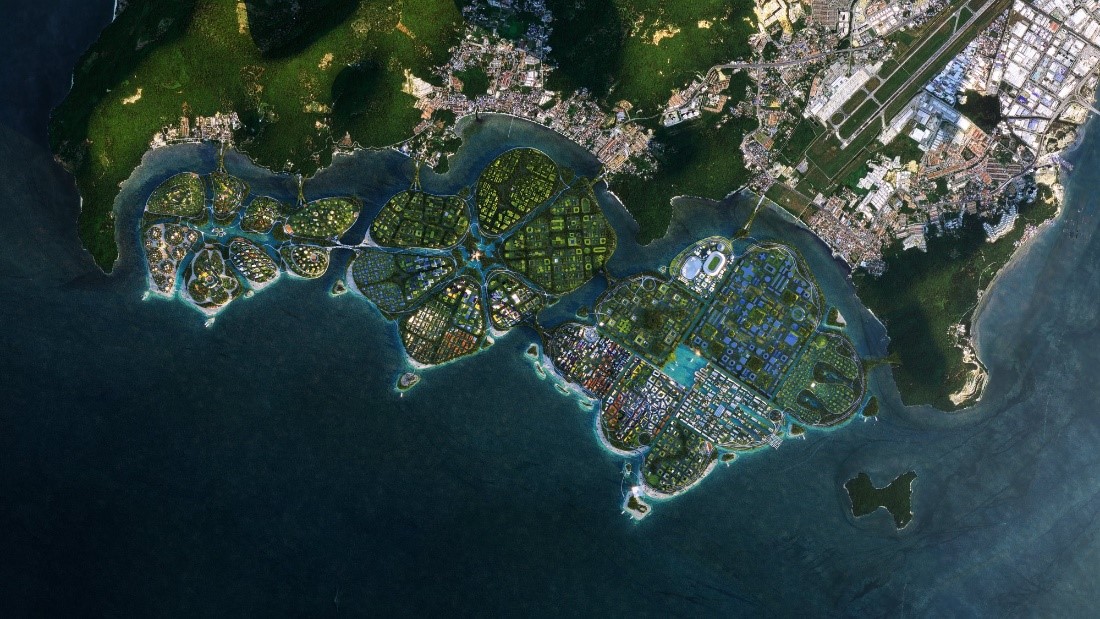
By B.E.A.CC.H
KUALA LUMPUR, Malaysia--The tabling of the National Forestry (Amendment) Bill 20221 marks a momentous occasion.
Once the amendment is passed and adopted by states, a public inquiry must be held before any forest reserve in Peninsular Malaysia can be degazetted.
B.E.A.CC.H congratulates the Federal Government for tabling this historic amendment.
This amendment would strengthen the National Forestry Act 1984, the main forestry legislation in Peninsular Malaysia. Most forests in Peninsular Malaysia are now located in permanent forest reserves. However, the reserves are under pressure to be exercised for development.
The decision to excise the reserves usually takes place without consulting the public or even elected representatives. However, the government has stated that it is committed to sustainable forest management.
Truly sustainable forest management involves key stakeholders including the public. It is therefore encouraging that the 2022 Bill requires that a public inquiry be held before a forest reserve may be excised.
This is an important step towards full transparency in forest management. However, the Bill does not go far enough. The 2022 Bill does not require the government to disclose the findings of the public inquiry.
The forest reserves can still be excised without clear justification. What is needed is to increase accountability and transparency even further.
We therefore recommend that the final decision on forest reserves, following the public inquiry, be made by the state legislative assemblies.
This step will allow all the key facts to be revealed.
Ultimately, it will give the people’s representatives a say in the fate of the forests.
Malaysia pledged to conserve more than 50 percent of our total land mass as natural forest cover in 1992 at the United Nations Rio Earth Summit.
Furthermore, our country is also a signatory to the UN Convention on Biological Diversity (UNCBD), the United Nations Convention Framework on Climate Change (UNFCCC) and the 2015 Paris Agreement.
Malaysia has also committed to implement the Sustainable Development Goals under the UN 2030 Agenda for Sustainable Development. Such international obligations should be reflected in all Malaysia’s federal and state laws and policies, including forestry laws.
At present, Sabah is the only state where the state assembly has a say regarding forest protection.
Sabah is also the only state in Malaysia that has committed to the 50% forest cover goal.
InPeninsular Malaysia, it is the State Authority or the executive that has the final say. In Selangor, public enquiries have been required since 2011.
However, a recent case has shown that objections received during the public inquiries can be ignored.
Thousands of people from Selangor and all over Malaysia, research institutions, government agencies, civil society organisations and private sector organisations objected to the proposed degazettement of the Kuala Langat North Forest Reserve.
The Selangor Executive Council however went ahead last August and excised most of the Kuala Langat North Forest Reserve.
This move was despite the Selangor State Assembly passing a unanimous resolution to protect all forest in Selangor.
This brings up questions on the transparency of the public inquiry process.
Hence, B.E.A.CC.H. would like to propose that apart from a mandatory public inquiry process, another amendment is also introduced to the National Forestry Act 1984, which subjects the proposed excision of a forest reserve to an approval process by the state legislature.
This will require for each excision proposal to be first tabled at the state legislative assemblies for debate, following the completion of a mandatory and meaningful public inquiry process.
Representatives at the state legislative assemblies would then have before them the full proposal as well as the findings of the public inquiry for scrutiny before a decision for excision can finally be made.
This would be an additional safeguard before any forests are excised as the public would be able to follow the debate, discussion and the voting process during the state legislative assembly sittings in each state in Peninsular Malaysia.
B.E.A.CC.H. is committed to work with any party that is interested to support and adopt the above amendments proposed by B.E.A.CC.H..
The future of Malaysia’s forests depends on taking this crucial step.
*B.E.A.CC.H. which stands for Biodiversity•Environment•








0 Comments
LEAVE A REPLY
Your email address will not be published